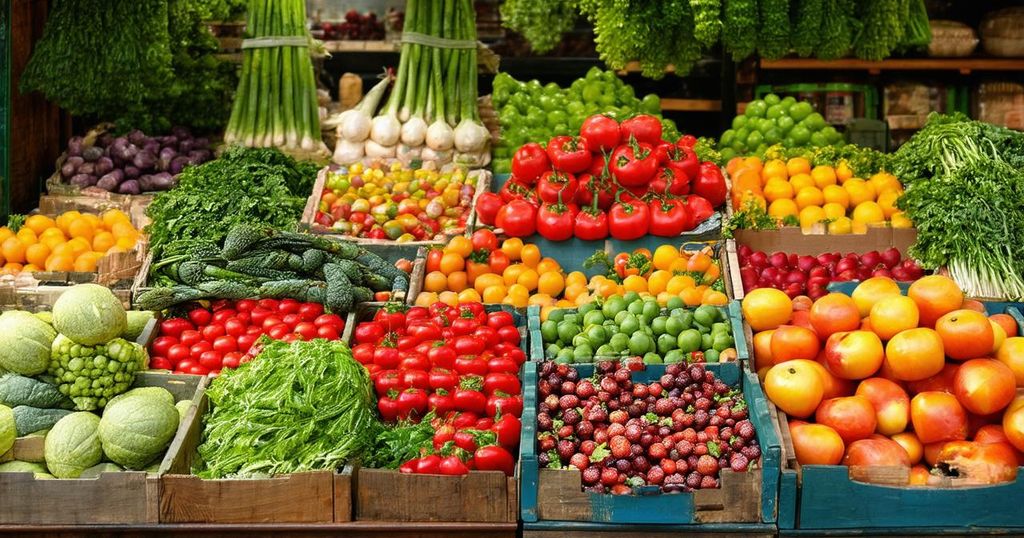Global food giants, including Danone and Nestle, are adjusting pricing strategies to cater to China’s cautious consumers amidst an economic slowdown. Competition from high-quality local products is challenging these brands, prompting them to enhance online shopping and focus on specialized health products. Overall, the market remains subdued, with changes in consumer behavior compelling brands to adapt accordingly.
International corporations like Danone and Nestle are intensifying their price reductions and enhancing efforts to increase online shopping to capture the attention of China’s cautious consumers, as reported by various executives. Despite China’s economy being the second largest globally, it experienced its slowest growth since early 2023 in the last quarter, strained by a property sector crisis. Consumer preferences have shifted significantly, with shoppers favoring locally produced items which tend to be more affordable and of comparable quality to those offered by foreign multinational brands. Unilever indicated a decline in underlying sales within its China operations, and its CEO, Hein Schumacher, acknowledged that market growth in China is expected to remain tepid in the foreseeable future. French dairy firm Danone noted that its specialized products, particularly in health-focused categories, are performing relatively well in the current economic downturn. The company’s finance chief, Juergen Esser, stated that consumer behavior has shifted towards seeking greater value, prompting Danone to implement price reductions to attract cost-conscious buyers. Both Nestle and Danone began reducing prices for their products in China around the second quarter, with further cuts made in the recent months. Even as sales volumes increased, Unilever did not specify any price adjustments in the Chinese market. Danone has also reported a rise in demand for specific products including its vitamin drink brand Mizone and specialized infant nutrition products. Nestle, the largest food producer globally, reported cutting prices in China by 1.5%, resulting in only a modest sales growth due to a low-inflation environment. The company highlighted strong performance in its infant nutrition segment, reflecting the consumer trend towards premium health-oriented products.
The article discusses the efforts of international food companies to adapt to changing market dynamics in China, where economic challenges and shifting consumer preferences are influencing purchasing behavior. Notably, brands are responding to growing competition from local products that offer value for money and are perceived as high quality. This context underscores the strategic adjustments that multinational firms are making to maintain their market presence in a challenging environment.
International brands are navigating a complex landscape in China marked by economic slowdown and evolving consumer preferences. To reinvigorate their sales, companies like Danone and Nestle are proactively implementing price cuts and focusing on specialized products that resonate with health-conscious shoppers. This strategic pivot towards affordability and understanding market trends is vital for sustaining growth in the competitive Chinese market.
Original Source: money.usnews.com

Leave a Reply